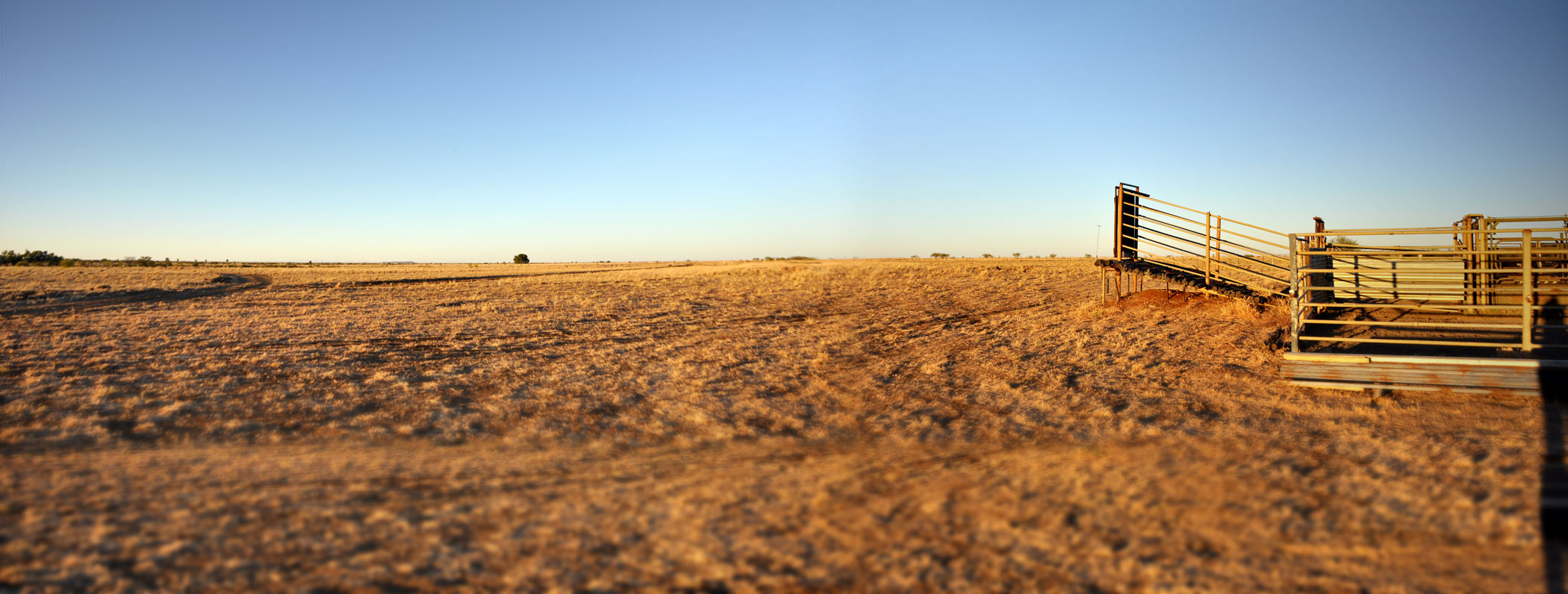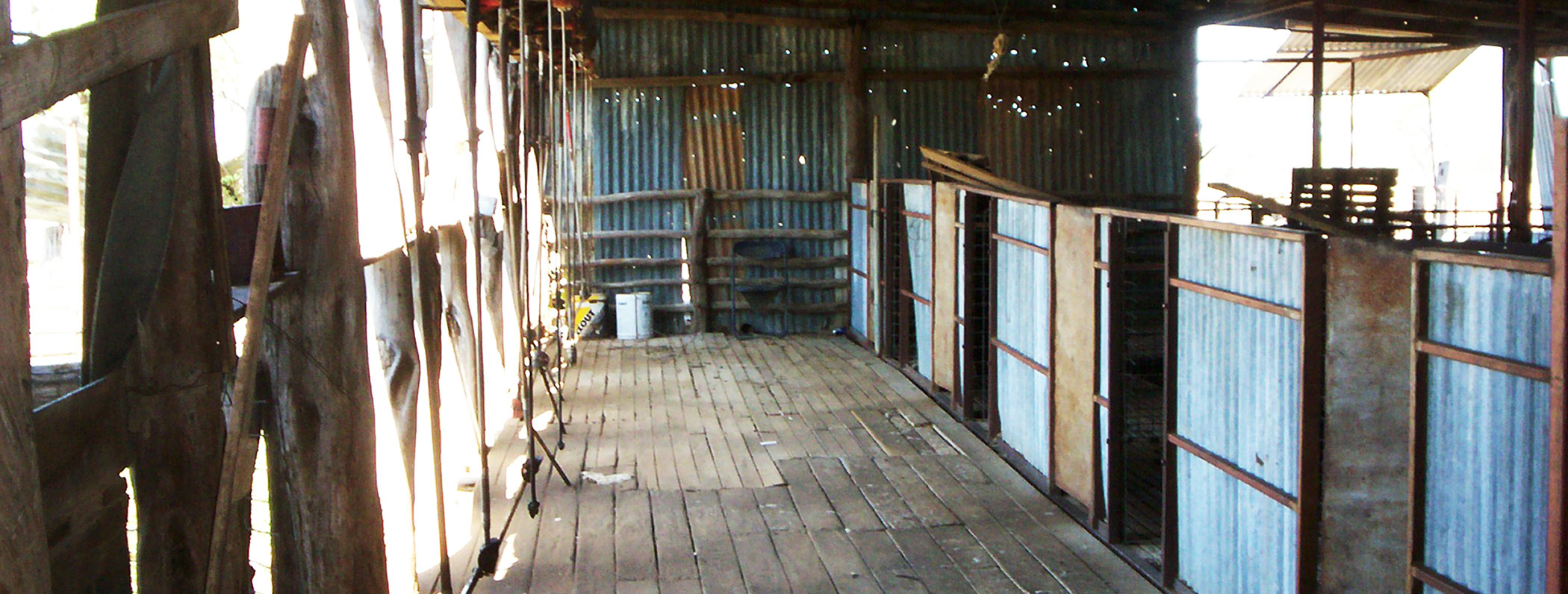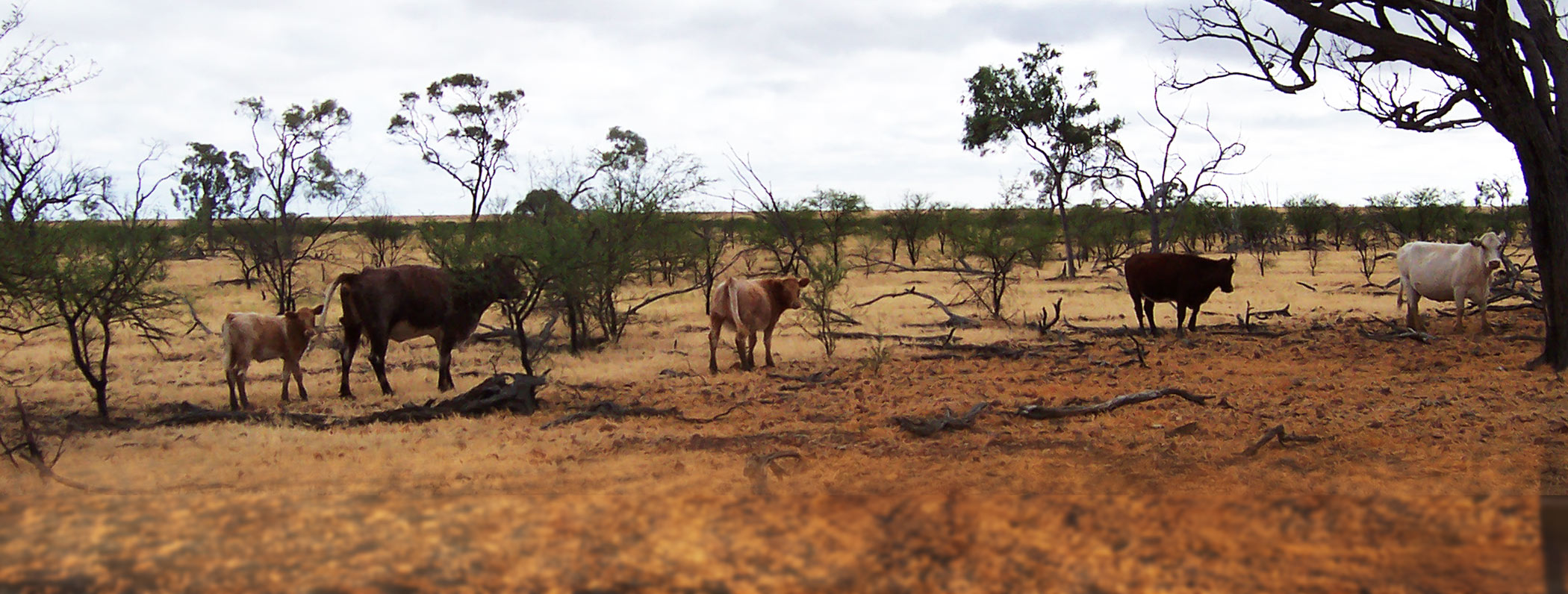Personal Details
| Surname | Hayward |
|---|---|
| First name | George |
| Date of death | 12/10/1902 |
Details
George as the son on Henry Hayward.
Mr. George Hayward, of Blaina and Alma Downs, died on Sunday – (our Longreach correspondent telegraphs). The deceased bad been resident in the Central district over forty-one years, having landed at Rockhampton in 1861. He was at Copperfield when things were in full swing there, and went to Muttaburra in 1876, taking the first load of supplies there. That town then consisted of only two houses. In 1888, three selections on the resumed portion of Mount Cornish run were thrown open just below the present site of Longreach, which did not then exist. Mr. Hayward secured two of these selections, and was actually the first selector on the Thompson River. The deceased was 60 years of age, and leaves descend- ants to the third generation, numbering over fifty. He was very highly respected.
[Source: PERSONAL. (1902, October 14). The Brisbane Courier (Qld. : 1864 – 1933), p. 5. Retrieved August 18, 2013, from http://nla.gov.au/nla.news-article19202360]
The Western Champion and General Advertiser for the Central-Western Districts
Sunday 19 October 1902
Death of an Old Colonist.
On Sunday last at Longreach a colonist of very long standing, in the person of Mr. G. Hayward, of Blaina, passed over to the great majority. The deceased, had been identified with the Central Division for over 41 years, and the news of his death will come as a shock to his many friends.
Mr. Hayward was born in the small village of Hawkesbury: not the Hawkesbury with which every Australian is acquainted, but one near Bristol, in Gloucestershire, the county of the Graces. He was brought up there, but on attaining manhood removed to Blaina, a place in Monmouthshire. The news of the gold discoveries in Australia had caused a great sensation in England, and Australia was a household word in the old country. Mr. Hayward determined to try his luck in the new colonies; he was weary of the incessant routine of farm work. In 1861 he and his wife sailed and landed at Rockhampton. Work was plentiful in those days, and he was engaged for Calliungall station. He was at an outstation of this place named Alma Downs, and he called one of his selections after this place.
Some of his experiences in those days were the reverse of pleasant, and serve to show what difficulties the pioneers had to contend with. On one occasion one of their children – a little girl – died. The shock was so great that Mrs. Hayward was prematurely confined. They were miles away from any human habitation; the dead child had to be buried and the living one cared for. But they managed to pull through.
Mr. Hayward had occasion to go to Westwood, and on the day he was there Griffin, who murdered Powell and Cahell, of the Clermont gold escort, passed through in custody. Tiring of station work Mr. Hay ward removed to Copperfield, where, thanks to the abnormally high price of copper, business was brisk and the town was a hive of industry. He was carting wood for the works there, and was very fond of telling a story of what a lottery speculations were. Food was very scarce, and a carrier, who had come from Bowen, loaded up with a large quantity of maize. He duly arrived at Copperfield, and Mr. Hayward, who was very short of feed for his horses, offered him 9s. per bushel. The carrier held out for 10s. which Mr. Hayward refused. They could not come to terms, and that night there was a terrific thunderstorm, followed by others. The grass grew quickly; maize was a drug in the market, and the unfortunate carrier was ruined.
After some years at Copperfield Mr. Hayward engaged to take a load from Bowen to Muttaburra. This was in 1876, and the said load was principally grog – the first that ever was taken to Muttaburra. Muttaburra then consisted of two building, one in an uncompleted state. The liquor was for Mr. W. St. John Harding, who after wards represented Rockhampton North.
While in Muttaburra Mr. Hayward entered into a two years’ contract with Mr. E. R. Edkins, of Mount Cornish, to carry the station goods from Bowen, returning with wool. Before that period elapsed, however, the Central line had been extended to Emerald, and it was then cheaper to get the loading from that place. His family had now settled in Muttaburra, which was going ahead, and he started a dairy at Blue Gate, which he afterwards sold to the present owner, Mr. R. C. Lloyd. He still engaged in carrying, but when in 1888 some of the Mount Cornish country was thrown open he secured two portions of 5000 acres each. Mr. J. McGovern, now in Arrilalah, selected the third portion.
Mr. Hayward removed from Muttaburra, and to him belongs tho honor of being the first selector on the Thompson. He fixed his residence at the old stockyards belonging to Mount Cornish, which are still in existence. These are on the stock route, and as showing how thoroughly honest the deceased gentleman was he paid Mt. Cornish for them. He first ran cattle on Blaina, but after 1893 he sold the cattle and turned his attention to sheepbreeding. By selection and purchase he increased the area of Blaina to 20,000 acres, and it is undoubtedly an excellent property. The frontage to the river, where there is permanent water, is a big advantage.
Mr. Hayward had been ailing for some time, but since the death of his wife in last December he was never the same. He gradually grew worse, and made several trips to Rockhampton for advice. But the spirit of unrest was upon him. He had to come back to Blaina. About a fortnight before his death he came into Longreach to one of his married daughters, Mrs. A. H. Franklin. Dr. Hewer was unremitting in his attention to him, but the spark of life was dying fast.
On the Saturday afternoon the last change came, but it was not until 3 o’clook on Sun day that he peacefully expired. Six of his family were at his bedside when he passed away; another Mr. J. H. Hayward rode up from Jundah, and arrived three hours too late. He was laid to rest beside his wife in the local God’s Acre, and as the beautiful and impressive service of the Church of England was read many an eye was dim. The deceased was the soul of uprightness, and if he could possibly do his neighbors a good turn he would do so. There are nine children left to mourn their sad loss, and his descendants to the third generation number over fifty.
[Source: Death of an Old Colonist. (1902, October 19). The Western Champion and General Advertiser for the Central-Western Districts (Barcaldine, Qld.: 1892 – 1922), p. 3. Retrieved September 16, 2013, from http://nla.gov.au/nla.news-article76367626]
Businesses
| Teamster | |
|---|---|
| Business contact year | 1876 - 1888 |
| Role | Teamster |
| Business category | Historic Service |



